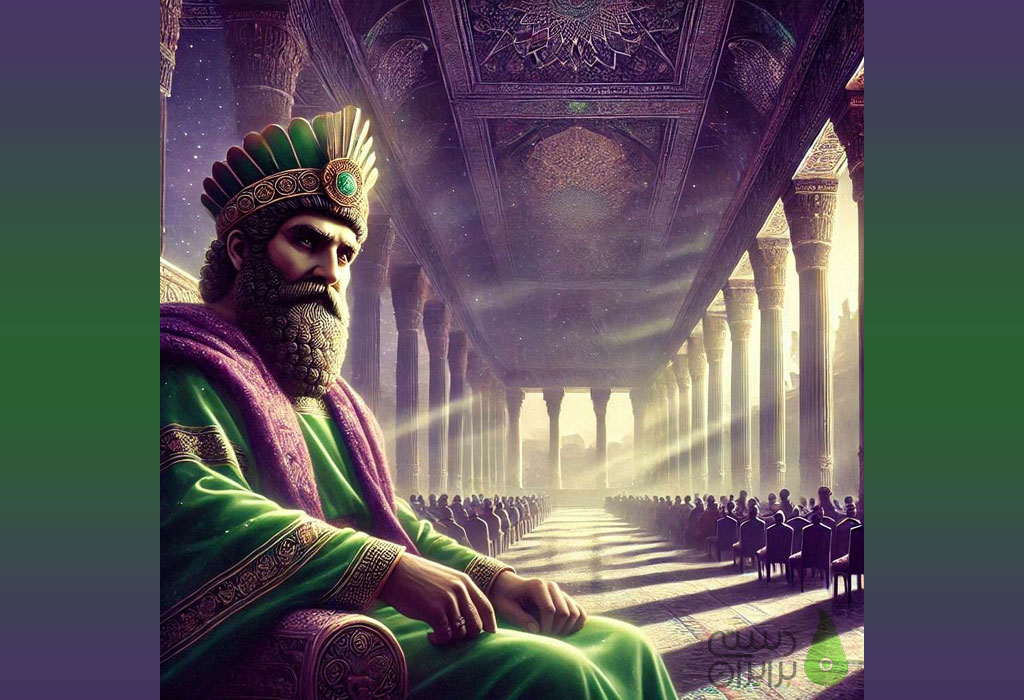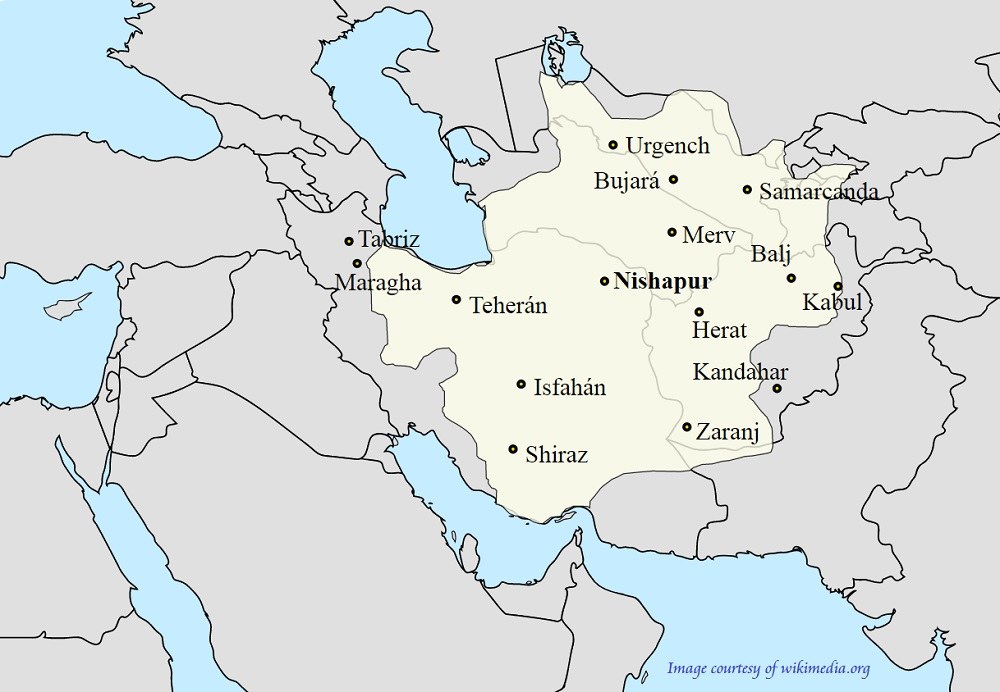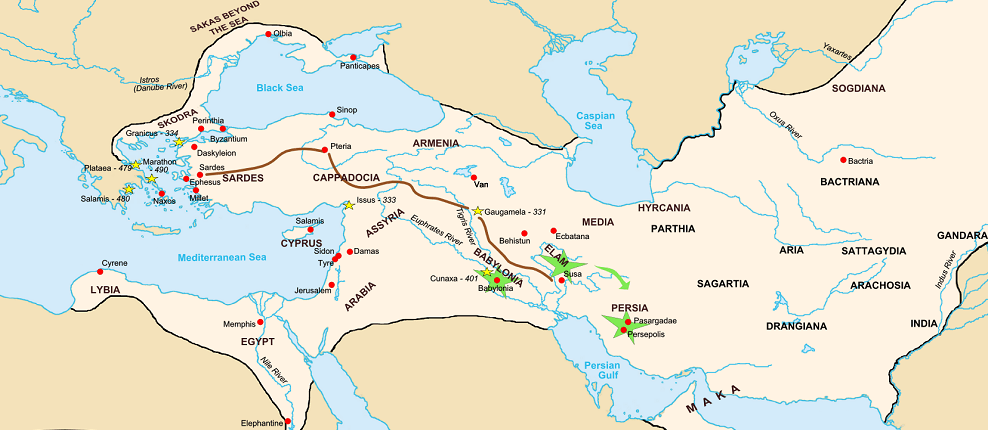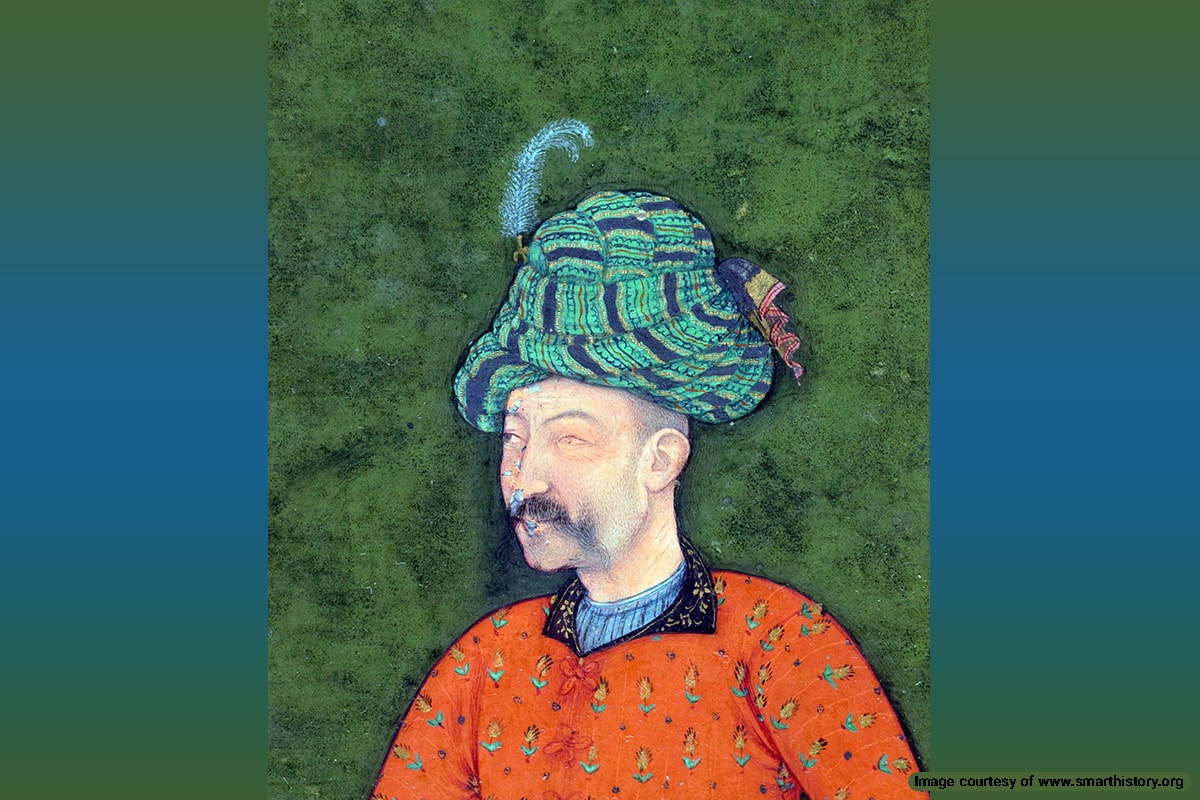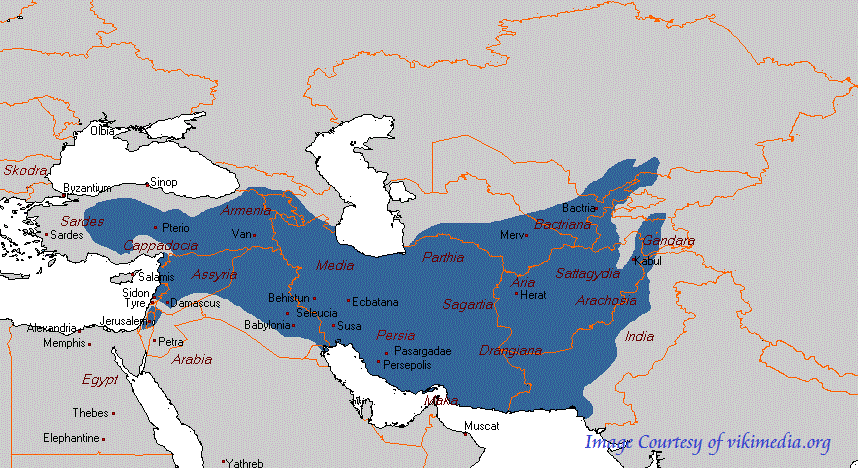
When you study the history of Seleucids, you notice what was left after Alexander’s invasion of the Persia could be described as a devastated and plundered nation. What he did to the Persepolis was evidence to a spirit void of culture and full of savagery. In all corners of the Persian Empire, he introduced himself as the one replacing Darius III and suppressed any resistance like a rebellion against the legal government. Some exaggerating authors of ancient history have aggrandized his conquests like his wars were instances of a civilized world fighting against the non-civilized!
History of Seleucids Ruling over Persia
Alexander managed to keep the Persian territories for only seven years. He died at the age of 31. Endless wars, military expeditions, extremism in drinking, preoccupation with sensuality, and sleepless lifestyle made him sick and finally killed him. He made Greek cities to worship him like a god.
He revived the Assyrian tradition of kissing the ground in his court. He also revived the barbarity and implemented it even to his closest friends and commanders. Undoubtedly, Alexander only succeeded as a warrior on battlefields. He could not show any intelligence and wisdom in ruling over the conquered areas.
Alexander’s Empire after Him
During 20 years after his death, his commanders were constantly fighting over power and conquered regions. So, his empire was disintegrated. Among those commanders, Seleucus, who was the governor of Babylonia, seized Medes and Susians’ territories and declared himself an independent ruler.
His relatively nice attitude toward Medes and Persians, in the beginning, brought him some popularity and acceptance. Like Alexander, he later considered himself a conqueror and from the race of gods. Therefore, for a period of 17 years after Alexander’s death, Seleucus ruled in most of the empire some time which had been ruled by the Achaemenians.
Seleucids’ Ruling System
The empire Seleucus founded in Iran was based on the superiority of Macedonian element. Thus, as time went by, it lost its little popularity gained somehow in the beginning.
Seleucus laid the foundation of several towns and cities in Iran. Those settlements faced a continual influx of Greek and Macedonian immigrants to secure his hegemony. He divided the whole region under his rule into 72 provinces and assigned a governor over each. Seleucus followed the events in his homeland enthusiastically and tried to establish family relativity and friendship with its rulers.
After he was killed by a Macedonian prince in the Dardanelles, his family monarchy was handed over to his children. Due to their inefficiency, history of Seleucids began to decline at this stage. They attributed divinity to themselves and focused a huge amount of time on pleasure seeking. Also, they constantly faced power claiming groups as well as Galatians. Finally, a new power, Rome, defeated them.
Collapse of Seleucids
As Seleucid kings were fighting in some frontiers like Egypt, Syria, Palestine, etc, Elamites, Medes and Parthians gradually defeated them. Domestic struggles for power within the royal family, Roman army’s advance on Minor Asia and Arashk family (Ashkanian) coming to power in Parthia all led to the collapse of the great empire ruled by the Seleucids.
The Seleucids’ Empire was a weak disintegrated combination of heterogeneous ethnic elements under the rule of a class of foreign troops and professional warriors. The subject nations were severely exploited and humiliated. Their beliefs, traditions, and rights did not matter to the rulers at all. Discrimination was dominant in any communities where both local and immigrated elements were living together.
As a consequence, the local people started uprisings in many areas. The vision of combining Eastern and Western cultures could not be materialized due to such discriminations. If there was any influence of one culture into another, it would be the Eastern culture affecting the other one.
The history of Seleucids in Persia was the first experience for a Western power that had colonized a great Eastern nation. As they had only utilized the language of force, brutality, and weapons, they failed and their visions of coexistence did not come true. The Greek culture presented by Seleucid tyrants were nothing but extremism in drinking and sensuality together with a great deal of arrogance and haughtiness. Obviously, their rule could not last long.








